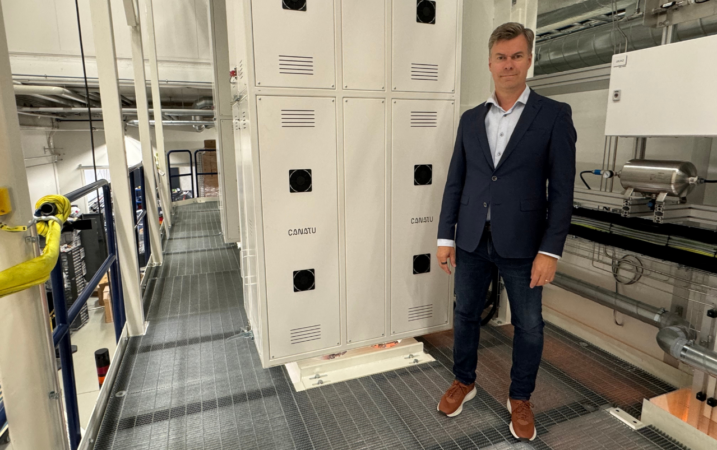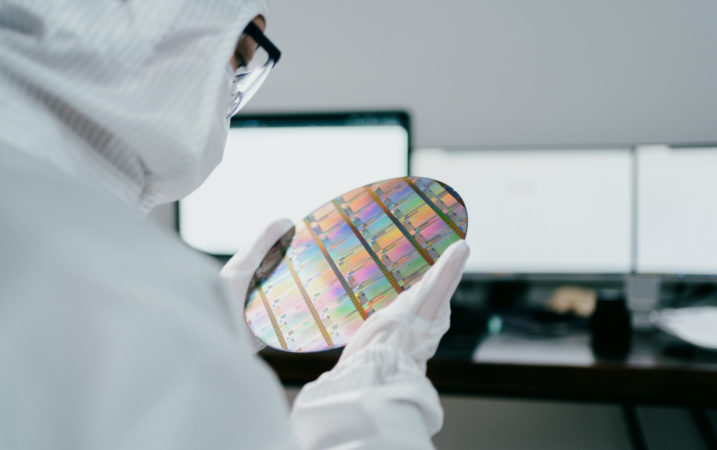
Electrochemical detection
Electrochemical detection using Canatu CNT offers the highest sensitivity outside a lab – over ten times more sensitive than anything our competitors can offer.
Exceptional sensitivity unlocks unprecedented electrochemical detection capabilities for new assays
Canatu CNT offers over 10x higher sensitivity compared to our competition. This superior sensitivity has been proven in in vitro matrices. It’s achieved through our patented dry deposition™ technology that allows us to produce CNTs with uniquely extensive and pristine reaction surfaces. Exceptional sensitivity unlocks unprecedented detection capabilities for new assays. Our proprietary click chemistry enables the detection of any analyte of interest, be it DNA mutations, pathogens, hormones or drug molecules, making it a versatile platform technology. Canatu has the expertise and experience to produce tens of millions of sensors every year.
Key benefits:
- Sensitive: unprecedented detection capabilities for new assays
- Versatile: click chemistry enables the detection of any analyte of interest
- At scale: capacity to produce tens of millions of sensors every year
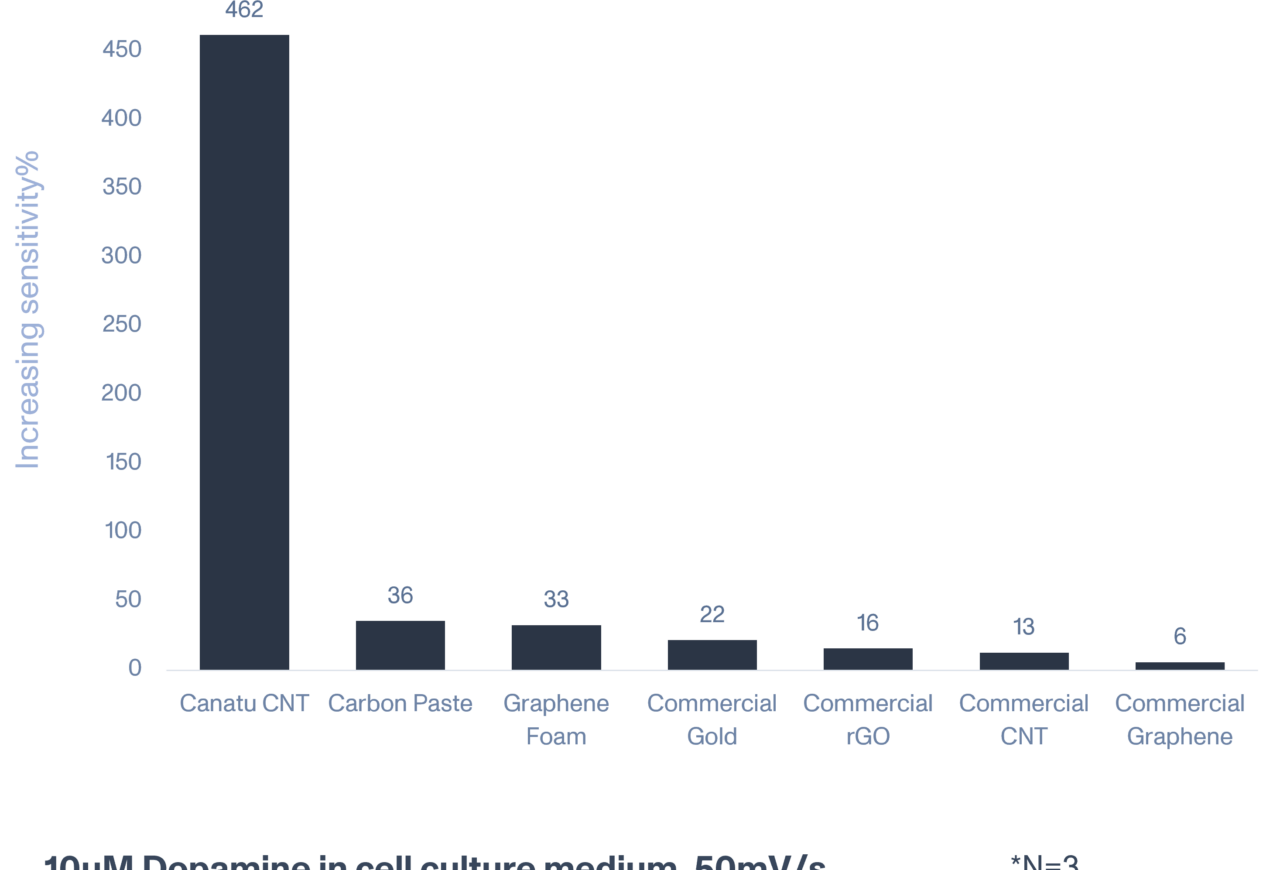
Over 10x higher sensitivity
Canatu CNT offers the highest sensitivity outside a lab; over ten times more sensitive than anything our competitors can offer. Proven in in vitro matrices, this superior sensitivity enables unprecedented detection capabilities for new assays. It’s achieved through our patented dry deposition™ technology, which allows us to produce carbon nanotubes with uniquely large and pristine reaction surfaces.
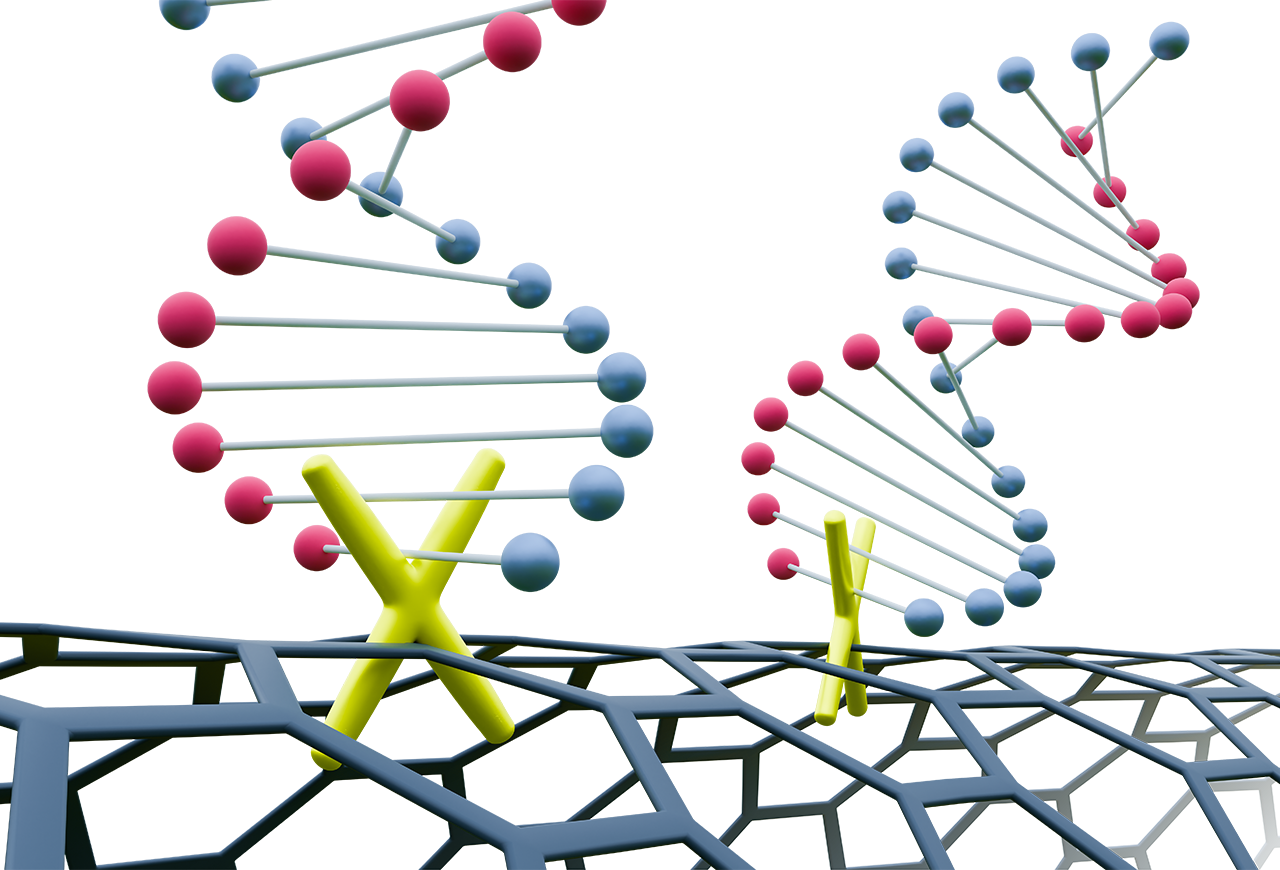
Versatile platform technology
Our proprietary click chemistry enables the immobilization of any biorecognition element, including antibodies, DNAs, enzymes, and aptamers, making it a versatile platform technology for detecting any analyte of interest. This offers an unprecedented opportunity to detect severe diseases and infections at their earliest stages. Canatu has, for example, demonstrated pre-metastatic cancer detection by analyzing circulating tumor DNA from small blood samples at the point of care.
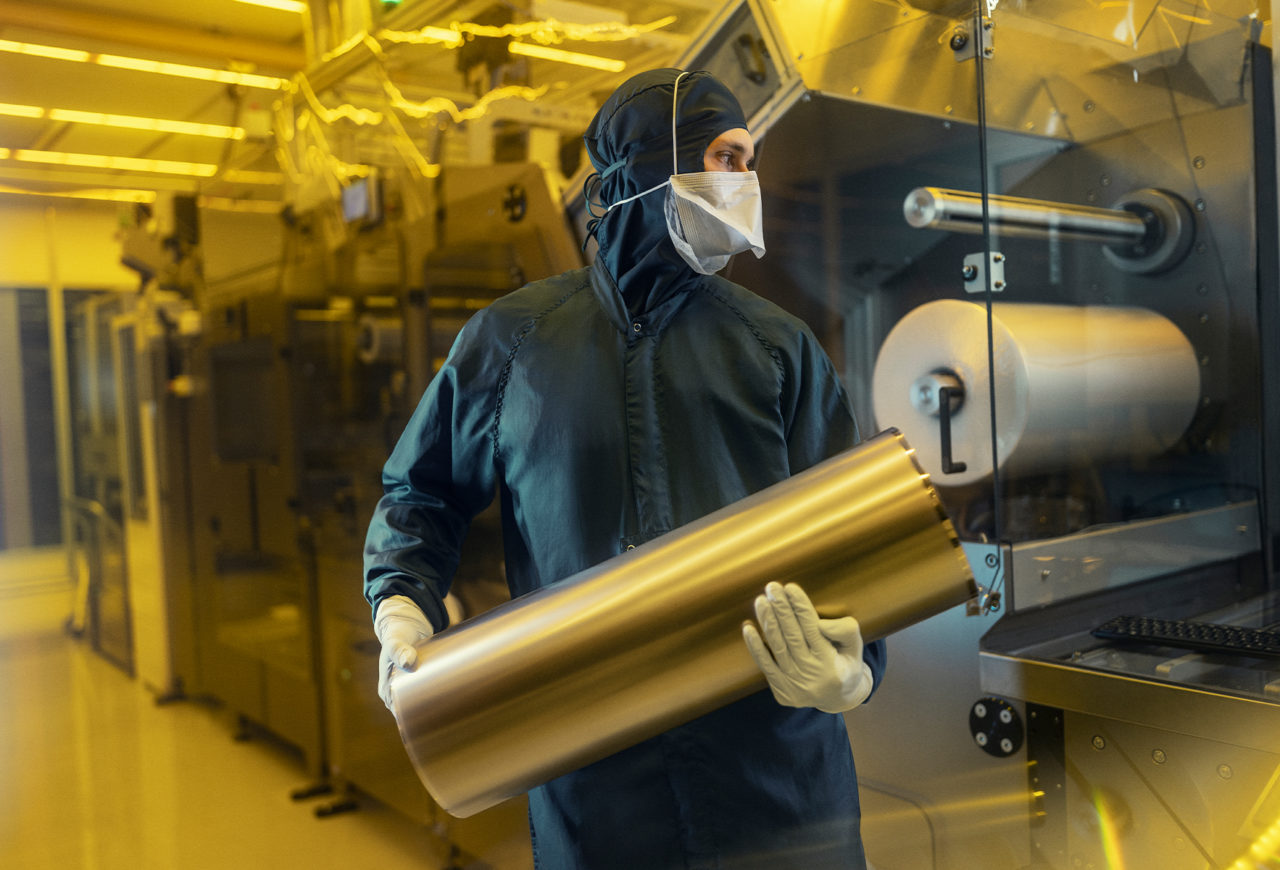
At scale
Canatu has the experience and expertise to produce tens of millions of sensors every year. Our patented dry deposition method and electrode patterning process are fully compatible with roll-to-roll production and have been successfully demonstrated at an industrial scale. We have been mass producing our sensors for multiple industries since 2015.
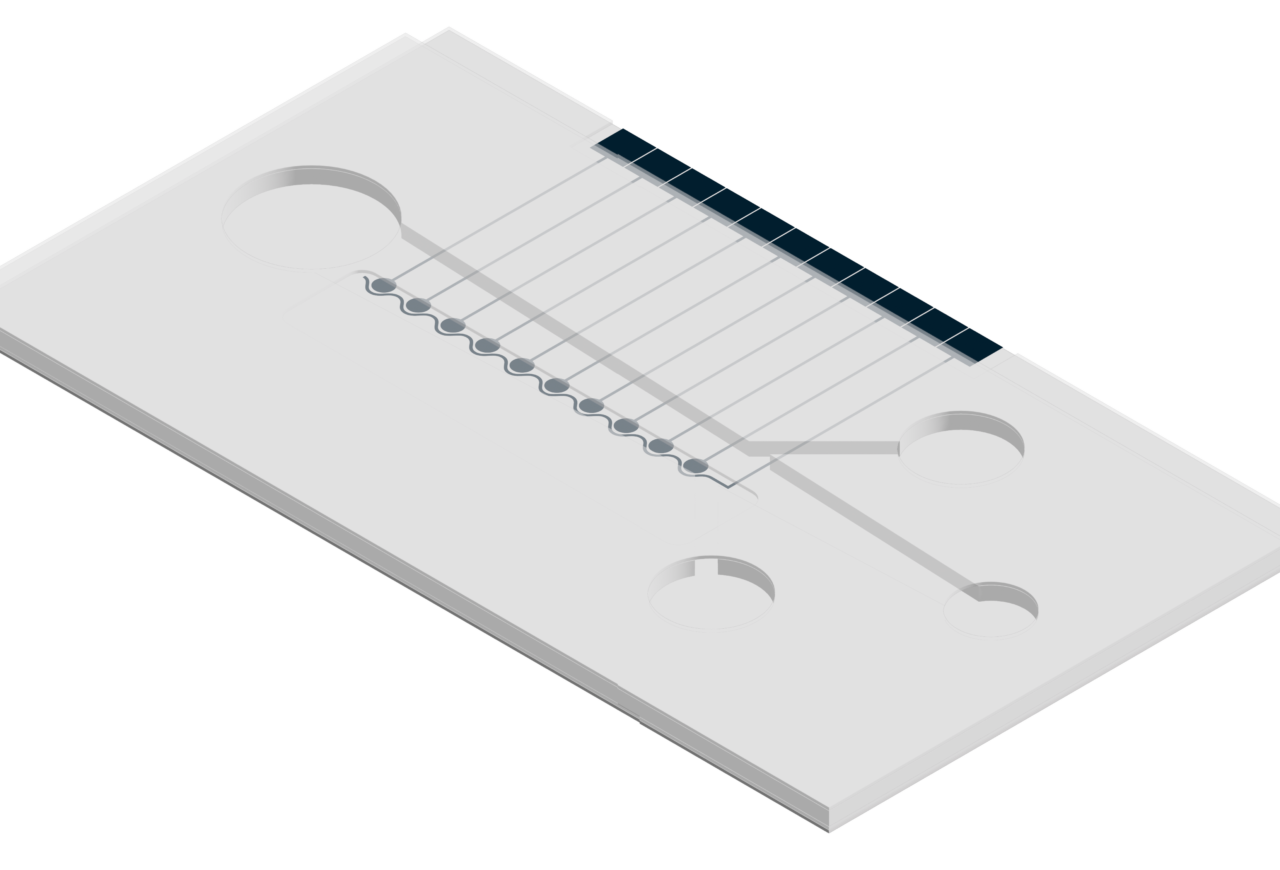
Lab on a chip
Multiple biomarkers can be tested simultaneously from a single sample at ultra-low concentrations, including DNA mutations, pathogens, hormones, and drug molecules. These microfluidic chips offer high sensitivity, portability, and the ability to perform complex analyses with minimal sample consumption.
Watch video on electrochemical detection
Download technical data
We are looking to partner with frontrunners ready to transform medical diagnostics at the point of care. Download technical data to explore our capabilities further.
Download technical data
See products
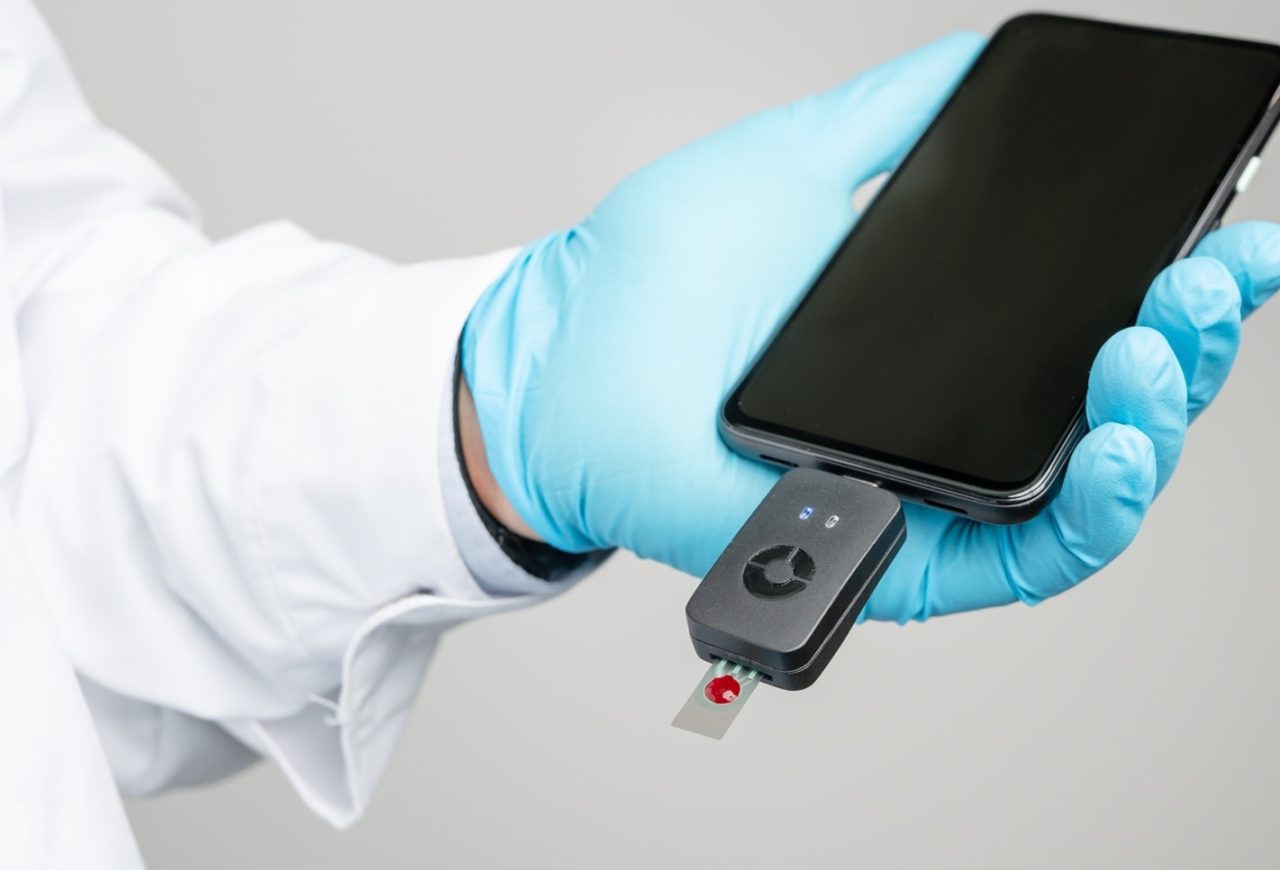
Medical diagnostics is about to be transformed – saving lives and money. Canatu’s electrochemical biosensors offer the highest sensitivity outside a lab – over ten times more sensitive than anything our competitors can offer. Exceptional sensitivity unlocks unprecedented opportunity to detect new assays, as well as severe diseases and infections, at their earliest stages.

Electrochemical sensors offer unparalleled detection capabilities across industries. Their superior sensitivity allows detection of substances at extremely low concentrations, making them indispensable for on-site monitoring of critical parameters in medical diagnostics, veterinary care, environmental monitoring, food & beverages, and industrial processes. Discover our future developments.
Electrochemical detection using Canatu CNT
Electrochemical detection using Canatu CNT offers over 10-fold increased sensitivity in in vitro matrices. This exceptional sensitivity is achieved through our patented dry deposition™ technology, which yields CNTs with uniquely pristine and extensive surface areas. To put it into perspective, a mere gram of Canatu CNTs has the surface area equivalent to that of a soccer field. This enormous, three-dimensional surface provides numerous binding sites for biorecognition elements to interact with target analytes, enabling stronger signals even in complex matrices.
Furthermore, the unique structure of CNTs offers distinct advantages for electrochemical detection. Their three-dimensional carbon structure allows for sturdy and reliable attachment of biorecognition elements, enabling effective functionalization across a diverse range of applications.
The superior sensitivity is achieved through our patented dry deposition™ technology that allows us to produce CNTs with uniquely pristine and extensive surfaces, providing many binding sites for the biorecognition elements that interact with the target analyte.
The exceptional sensitivity unlocks unprecedented electrochemical detection capabilities for new assays. Our proprietary click chemistry provides a versatile platform technology for detecting any analyte of interest, including DNA mutations, pathogens, hormones, and drug molecules. This presents unique opportunity to detect severe diseases and infections in their earliest stages.
Click chemistry uses biorecognition elements, such as DNAs, antibodies, aptamers and enzymes to modify electrodes for specific target analytes. These elements interact with the target analyte, generating electrical signals that are then processed by an electronic system.
Canatu has the expertise and experience to produce tens of millions of sensors every year.
Canatu has the experience and expertise to produce tens of millions of sensors every year. Our patented dry deposition™ method and electrode patterning process are fully compatible with roll-to-roll production and have been successfully demonstrated on an industrial scale. We have been mass producing our sensors for multiple industries since 2015.
We also excel in customizing our CNTs to meet specific application requirements. With extensive in-house CNT post-processing capabilities, we can customize surface functionalization to immobilize biorecognition elements, enabling selectivity for specific target analytes. We can also adjust both individual CNTs and the overall CNT network morphology to suit specific requirements. For example, we can tune bundle size during CNT synthesis to optimize click chemistry, and purify CNTs to remove residual iron from the synthesis process to enhance sensitivity.
Contact Ilkka on electrochemical detection

Send us a message
We are looking for a partner for product development and commercialization. If you’re interested in exploring this opportunity further, contact our CTO Ilkka Varjos.
Related content
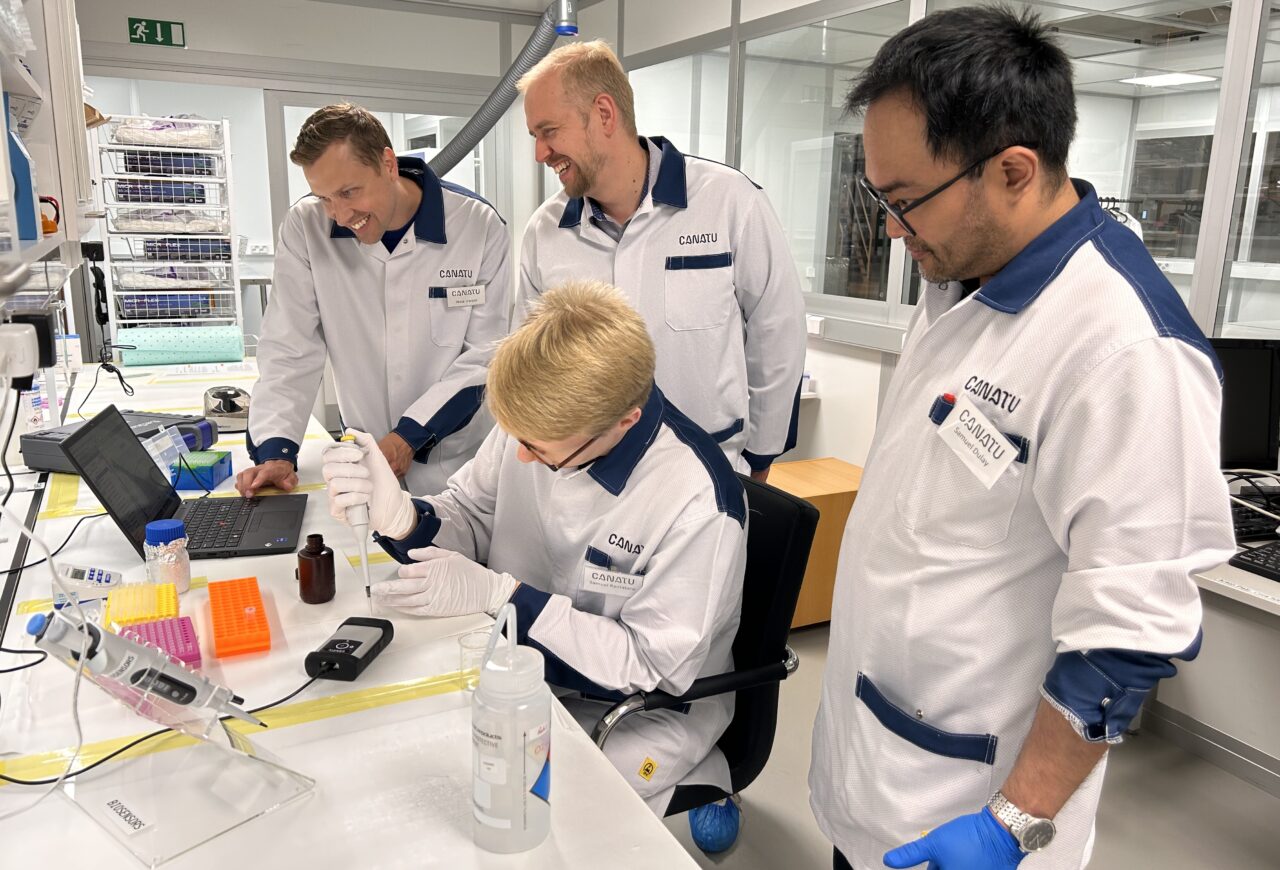
While our experts solve the issues of today, they are also working on what’s to come. Currently, our technology for electrochemical sensors is developing fast. Because of the exceptional purity of Canatu CNTs, remarkable analytical performance can be attained in various sectors such as clinical analysis, environmental monitoring, agriculture and neuroscience. Learn more.

Simple and inexpensive lab-level tests will give caregivers better means to determine the best patient care at the point-of-care. Learn our role in advancing medical diagnostics.

The inherently large surface area, high conductivity and tailorable surface chemistry makes Canatu CNTs an ideal electrode material for electrochemical biosensors. See the product.
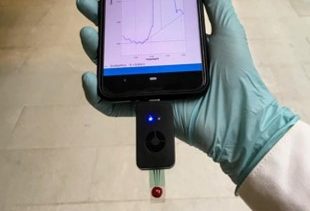
Electrochemical sensors for bedside blood concentration measurement progress to clinical studies. The new point-of-use measurement enables real-time detection of analgesics from blood without extensive sample treatment, improving test result wait time, cost and convenience. See press release.

Finnish ecosystem spurs diagnostics development. Canatu will develop a new hybrid electrochemical sensor for target detection and drug concentration measurement. See press release.

Canatu partners with forerunner companies, research partners and a leading Finnish University Hospital, together transforming products for better tomorrows with nano carbon. See how we collaborate for an impact.
